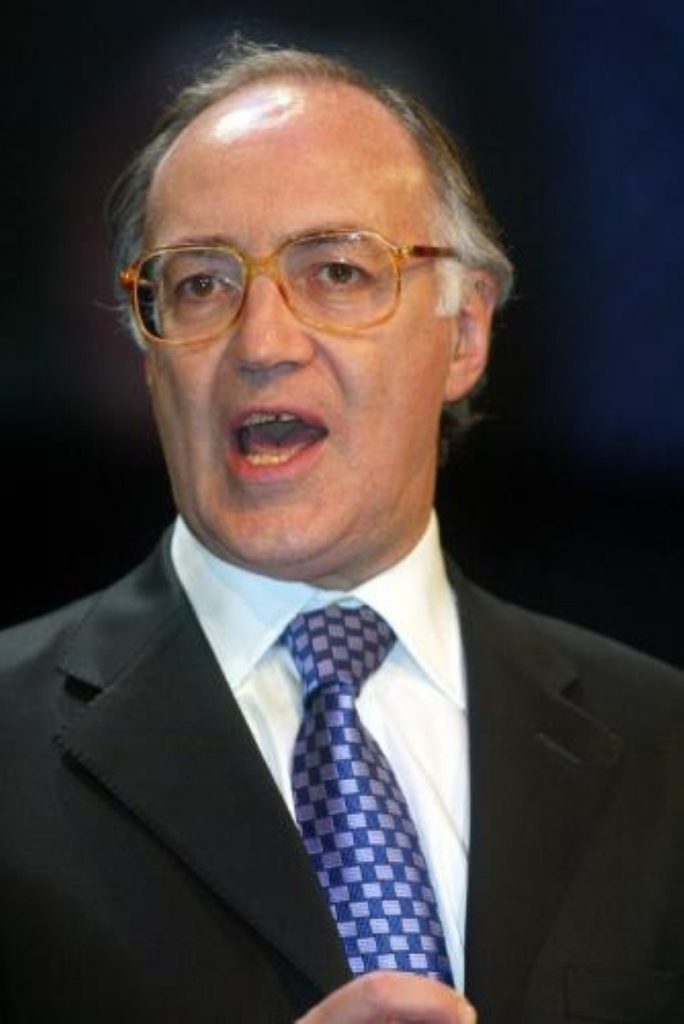Blair has lost credibility over Iraq, claims Howard
The Conservative leader has said there are serious questions over the Prime Minister’s credibility after today’s publication of the Butler Report.
Lord Butler today cleared the Government and the intelligence services of any deliberate attempt to mislead the public on the danger posed by Iraq, but said that a number of important caveats and qualifications from the Joint Intelligence Committee (JIC) had been left out of the finished dossier.
In a statement to the Commons, Tony Blair told MPs “no one lied, no one made up the intelligence, no one inserted things into the dossier against the advice of the intelligence agencies”
Mr Blair told MPs that he accepted “full personal responsibility for the way the issue was presented and therefore for any errors made” but said he believed the world is a better place without Saddam Hussein.


Responding in the Commons, Michael Howard demanded: “Does the Prime Minister have any credibility left?”
The Conservatives chose not to participate in the Butler Report, claiming that its remit was too narrow and did not fully cover politicians’ usage of information.
Mr Howard argued that in March 2002 the JIC had said that intelligence on Iraq’s WMD was “sporadic and catchy” whereas the Prime Minister had said “I am in no doubt that the threat is serious and current” describing intelligence as having established “beyond doubt” that there were WMD.
He said that while the intelligence services may have got it wrong, their assessment included “serious caveats, qualifications and warnings”, which the Prime Minister had chosen to leave out.
“Their qualified judgments became the Prime Minister’s unqualified certainties” Mr Howard concluded.
He warned that if there should be the need for military action in the future the country may not believe future warnings from Mr Blair.
The Prime Minister responded by pointing out that the Conservatives had fully supported the war, believing like he did that there was an immediate threat.
Liberal Democrat leader Charles Kennedy repeated his call for the publication of the full legal advice given by the Attorney General to the Prime Minister on the legality of the war in Iraq, arguing that it is key to understanding the “key reality” of political judgments that led to the war.
He asked the Prime Minister how he squared his introduction to the September dossier with the Butler finding that the Saddam regime did not have any significant or readied stocks of WMD prior to the war. He also asked whether the Government would now work to underpin international agencies, such as UNSCOM, given the Butler finding that their work had been more effective than had been realised prior to the war.
Commenting later in more detail, Mr Kennedy said: “Lord Butler stuck closely to his remit and looked at systems and institutions rather than the judgment of individual politicians. He told us the caveats surrounding the intelligence got short shrift from the politicians, but did not focus on the way the politicians used that intelligence to take us to war. That remains the unopened Pandora’s Box.
“The Prime Minister says he is ‘proud of this country’ over its part in removing Saddam Hussein. But I doubt that, if the House of Commons had known then what it knows today about the state of Saddam Hussein’s weapons’ programmes, it would have voted in favour of military action.”












